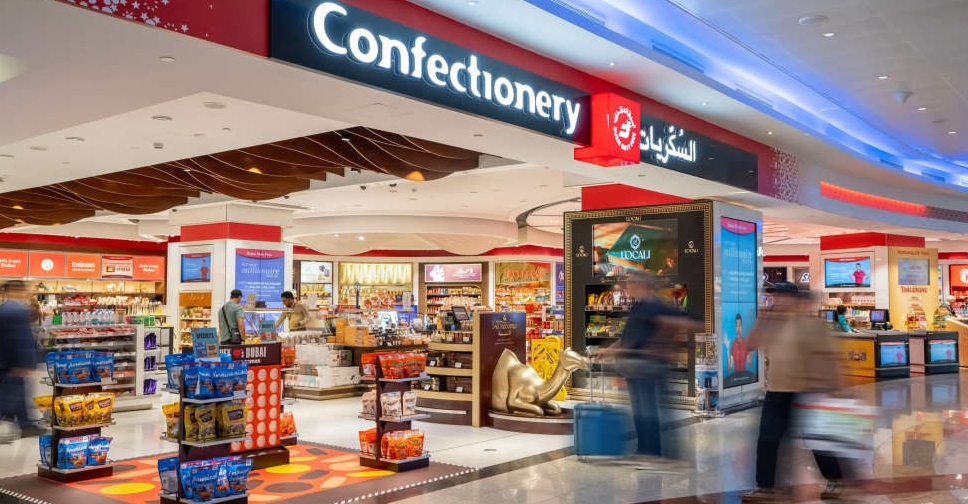
The decision of Organisation of Petroleum Exporting Countries (OPEC) to pump less is poised to deter some oil traders from hoarding crude at sea. The group’s pledge to cut output and ease a global glut has weakened a market structure known as contango that benefited traders who stocked crude on ships to be sold at a potential profit in the future. The planned reductions have boosted the value of earlier-loading oil relative to cargoes for later, meaning returns from stored supplies aren’t going to be enough to offset the cost of chartering a tanker for months. In one of the unintended consequences of the decision by the OPEC, millions of barrels that were in floating storage could potentially flood back into the market and limit the price jump from OPEC’s supply curbs. That adds to concerns that higher US production next year may offset the group’s first output cuts in eight years, and hamper a sustained recovery in prices that are still more than 50 per cent below 2014 levels. The premium for later supplies of Brent, the benchmark for more than half of the world’s oil, shrunk to as little as $1.77 per barrel on December 1, the day after OPEC agreed to curtail output by 1.2 million barrels per day. That’s not enough to make a profit after leasing a giant oil tanker for half a year at a cost equivalent of $3.15 to $3.38 per barrel, according to data from a shipbroker and charterer. As recently as last month, that 6-month contango was at about $4.50 a barrel, which was a large enough gap to make it potentially viable for traders to profitably store crude for that long. (Serene Cheong and Dan Murtaugh/Bloomberg)



 Tesla loses EV crown to China's BYD
Tesla loses EV crown to China's BYD
 Dubai Duty Free celebrates record-breaking 2025
Dubai Duty Free celebrates record-breaking 2025
 UAE updates capital market laws to strengthen financial oversight
UAE updates capital market laws to strengthen financial oversight
 Disney agrees to pay $10 million to resolve alleged child privacy law violations
Disney agrees to pay $10 million to resolve alleged child privacy law violations


